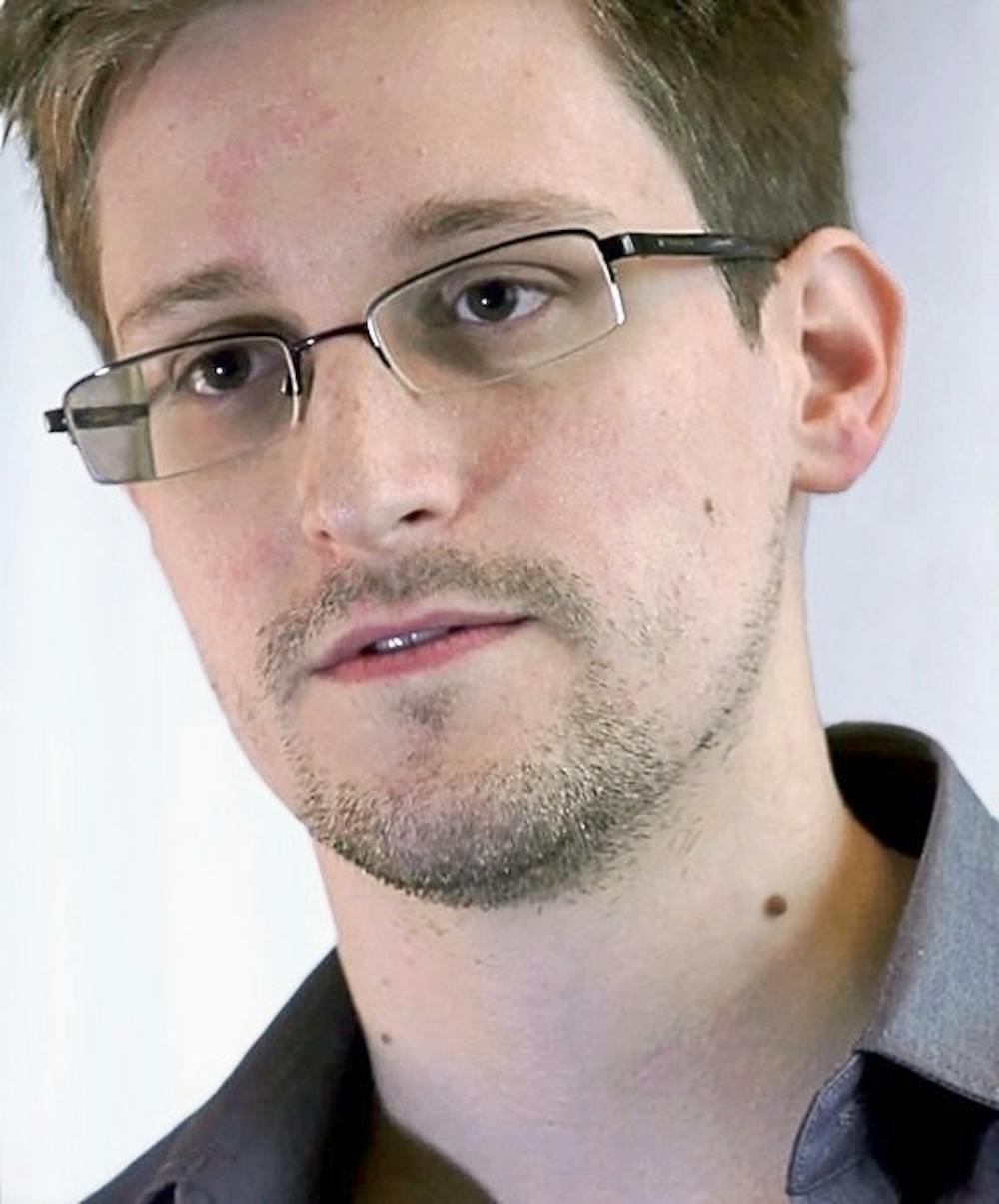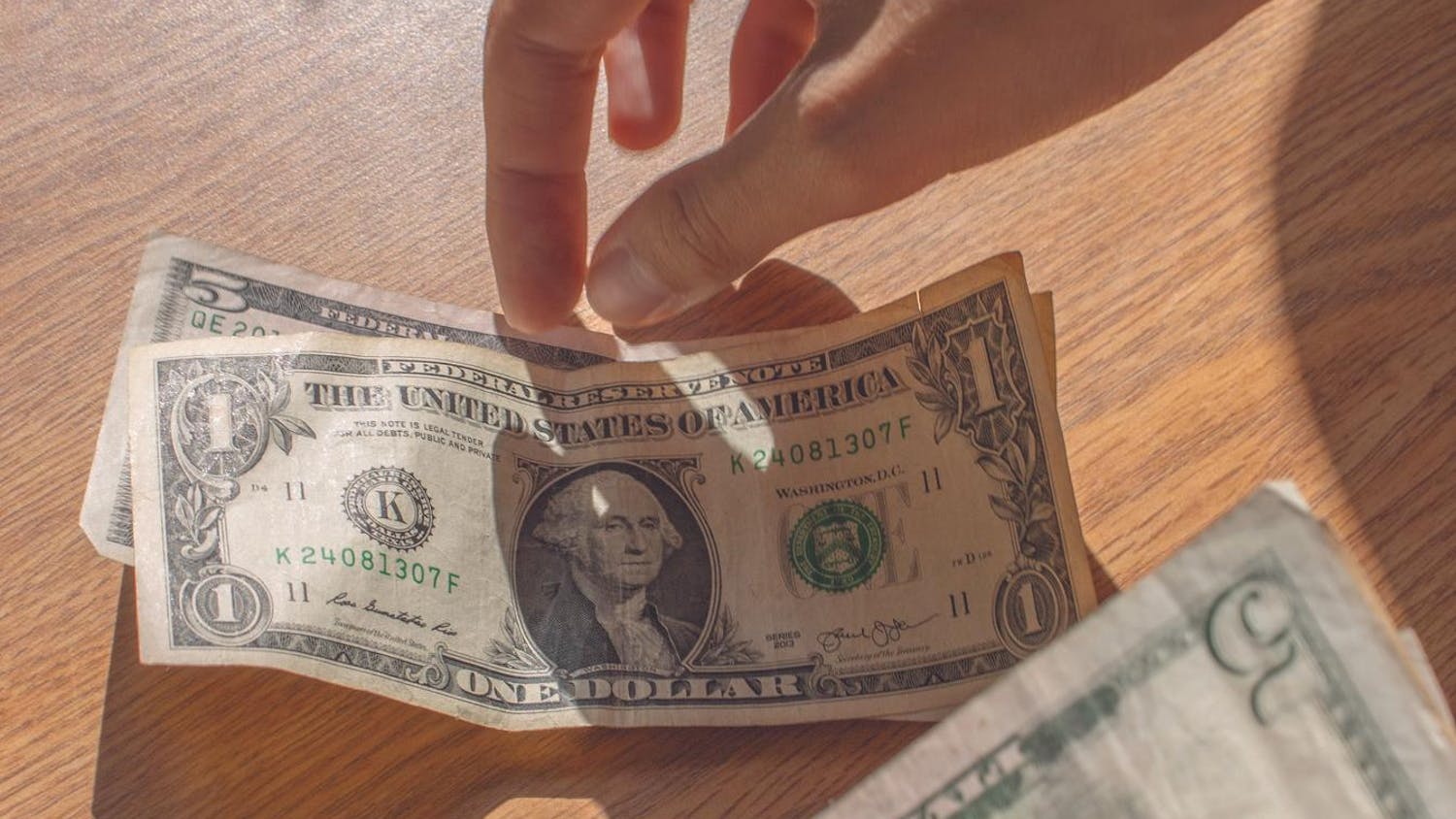So much happens outside Taylor, but what does any of it have to do with you? The world can seem like an overwhelming web of stories, and this column will help you find your place inside it. Sit down with me as we explore the bridges that connect us to the rest of the world.
By Abigail Pollock | EchoTreason is a hero's work.
At least according to those who nominated Edward Snowden for this year's Nobel Peace Prize, for his release of 200,000 classified U.S. intelligence documents.
Two Norwegian members of parliament (MPs) nominated Snowden because his actions have allowed for greater debate and policy change in the public arena, despite possible short-term security threats created by the released documents.
"His actions have led to the reintroduction of trust and transparency as a leading principle in global security policies," the MPs said of Snowden.
The nomination, like everything surrounding Snowden, is controversial and highly unlikely to give him a chance of winning the Nobel. Snowden has been called everything from a criminal and traitor to a civil servant practicing disobedience to a whistleblower and hero.
As the Bible says, "no prophet is accepted in his hometown." This is certainly true of whistleblowers. Snowden is generally more popular internationally, in part because he represents transparency and in part because most countries don't mind a laugh at the expense of the United States. Within the U.S., however, opinions are more divided. Although Snowden was charged with espionage by federal prosecutors last year not all Americans agree on the charges-or on whether or not he should be charged at all.
President Obama and U.S. governmental officials have condemned Snowden's leaks as disloyal to the nation and opposed to U.S. national security.
Yet time goes on, more and more people become sympathetic to Snowden. In January, a USA Today-Pew Research Center Poll stated that only 43 percent believe Snowden caused public harm with his actions. Additionally, 53 percent majority of Americans disapprove of NSA surveillance programs exposed by Snowden, and 70 percent of Americans say they shouldn't have to give up privacy and freedom in order to be safe from terrorism.
This shift in public opinion prompted President Obama to address the nation last month in a speech about the NSA. He acknowledged that the 'metadata' the NSA collects from private phone calls, including the names and locations of those placing the calls, was problematic. However, he avoided talking about the PRISM program which illegally collect personal data from American companies, often through 'back doors' encryptions which have been built into the technology.
Essentially, nothing in the speech promised to decrease the surveillance power of the NSA or provide real solutions for protecting privacy rights. In fact, if the intention was to reassure the public and villainize the actions of Snowden, the speech accomplished the opposite.
Obama received the 2009 Nobel Peace Prize for efforts to strengthen international diplomacy and relations. Now, he faces condemnation for spying on the leaders of allied countries like Germany, information which Snowden's leaked documents revealed. Obama was elected with a promise of greater accountability, but these intelligence scandals prove just how much the federal government has to hide.
Whistleblower sources like Wikileaks and Snowden are replacing traditional media in providing objective information to the public, and leaders trying to silence these sources could eventually find themselves on the wrong side of history.
Edward Snowden may not win a Nobel Peace Prize.
But history may one day recognize his fight for transparency as being a fight for peace.




